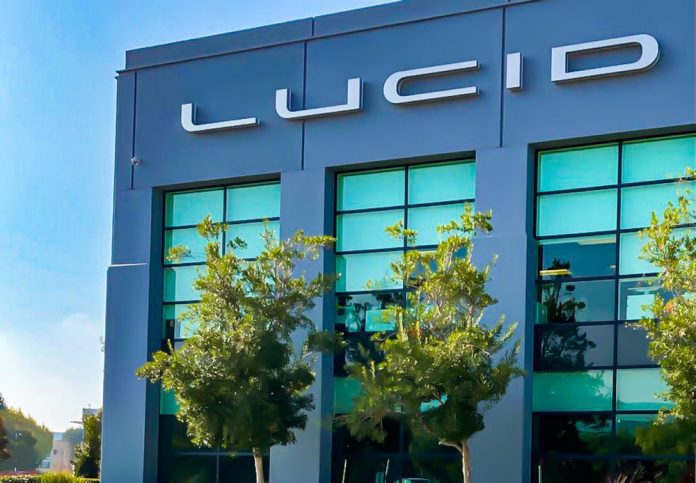Lucid has confirmed it is on track to meet its annual production target of 10,000 electric vehicles, despite scoring lower-than-expected revenue in the second quarter.
In its earnings report, the electric vehicle startup revealed it had made $150.9 million from 1,404 sales of the Lucid Air sedan. The total was roughly $24 million behind analyst forecasts. The company’s net losses were also higher than the year before, hitting $764.2 million compared to $555.3 million. “We’re on track toward achieving our 2023 production target of more than 10,000 vehicles, but we recognize we still have work to do to grow our customer base,” wrote Lucid CEO and CTO Peter Rawlinson.
While the company’s earnings are falling behind, Lucid has remedied its income with other strategies. “In the second quarter, we raised $3.0 billion in capital, including $1.8 billion from the PIF, and I’m pleased to say that our current liquidity of $6.25 billion is expected to take us through the start of production for the Lucid Gravity, and into 2025,” stated Lucid CFO Sherry House. The automaker has also scored a deal worth more than $450 million with Aston Martin to provide the luxury brand with electric vehicle technologies such as powertrain and battery systems.
Prior to releasing its Q2 report, Lucid cut prices across its lineup, making its vehicles cheaper than comparable Tesla models. The move, along with the slow pace of sales and revenue, is likely to raise eyebrows among investors and shareholders. However, while electric vehicle startups face an uphill battle to stay relevant against industry giants, they may see an end to their struggles sooner than expected. EVs are undeniably becoming more popular and, in some states, have exited their niche status to become the dominant product on the car market. For brands like Lucid, the best strategy is perseverance in spite of financial setbacks.




